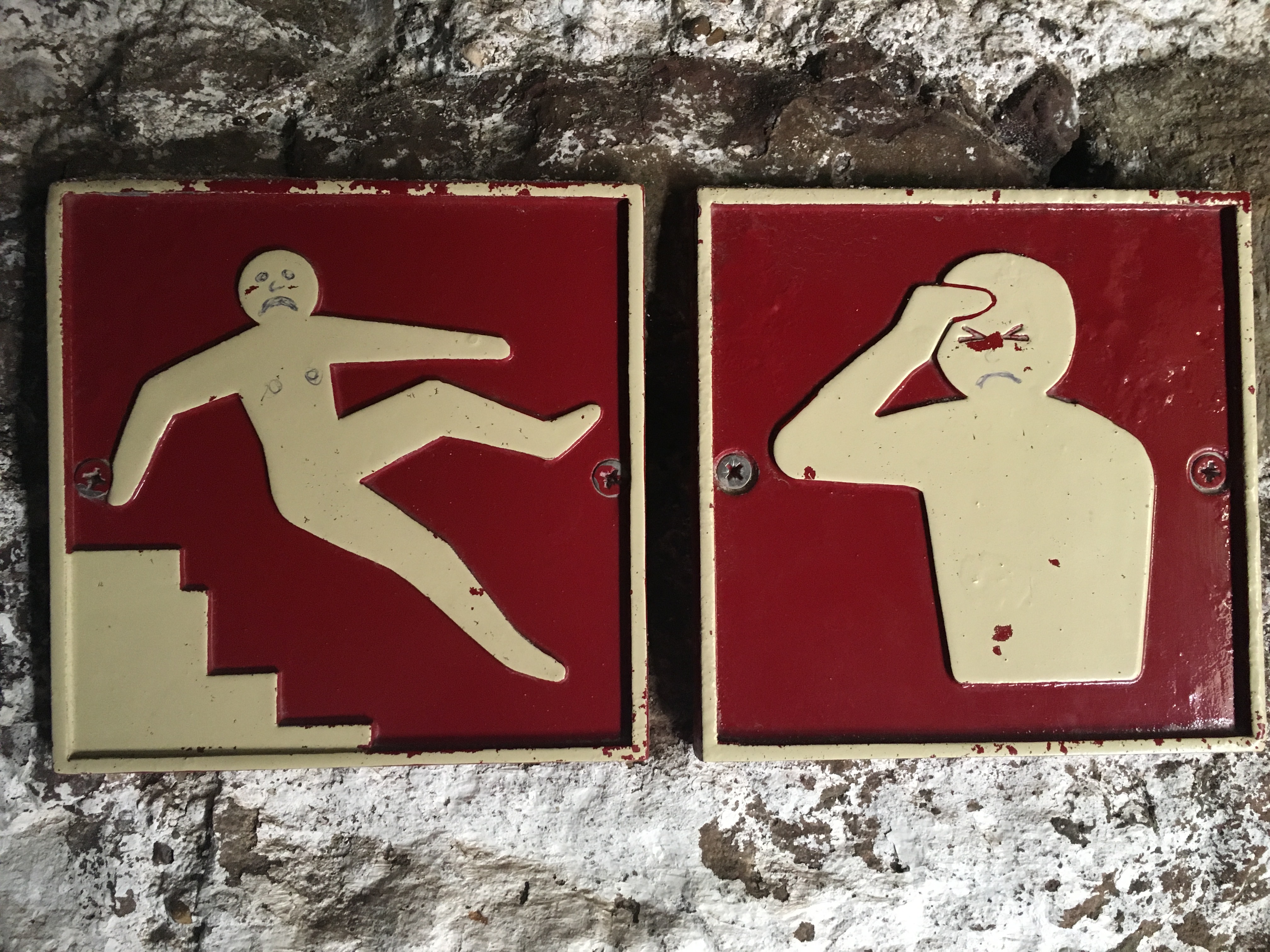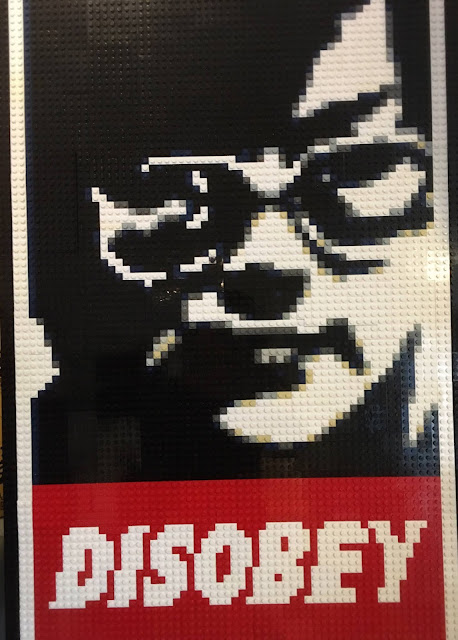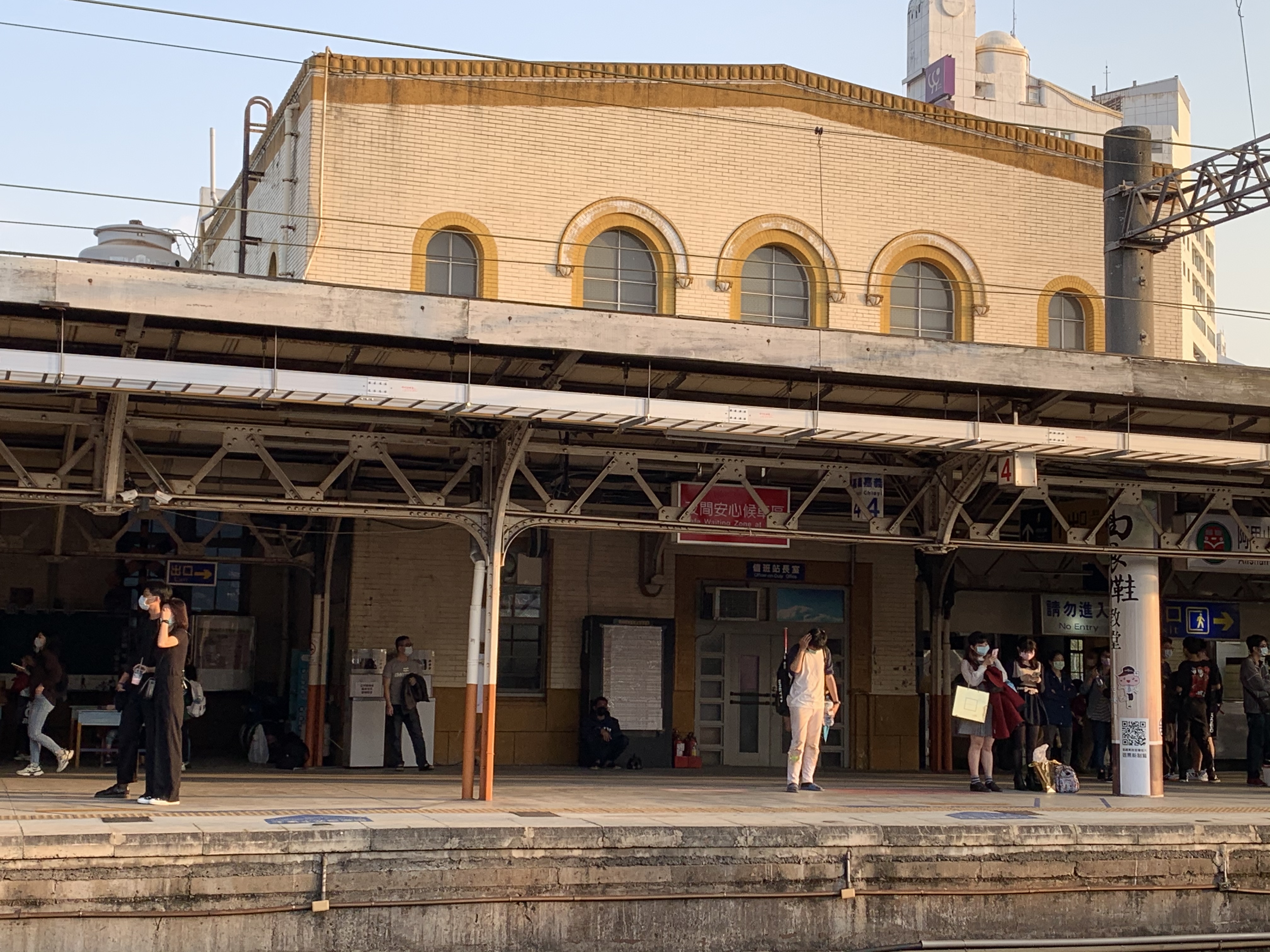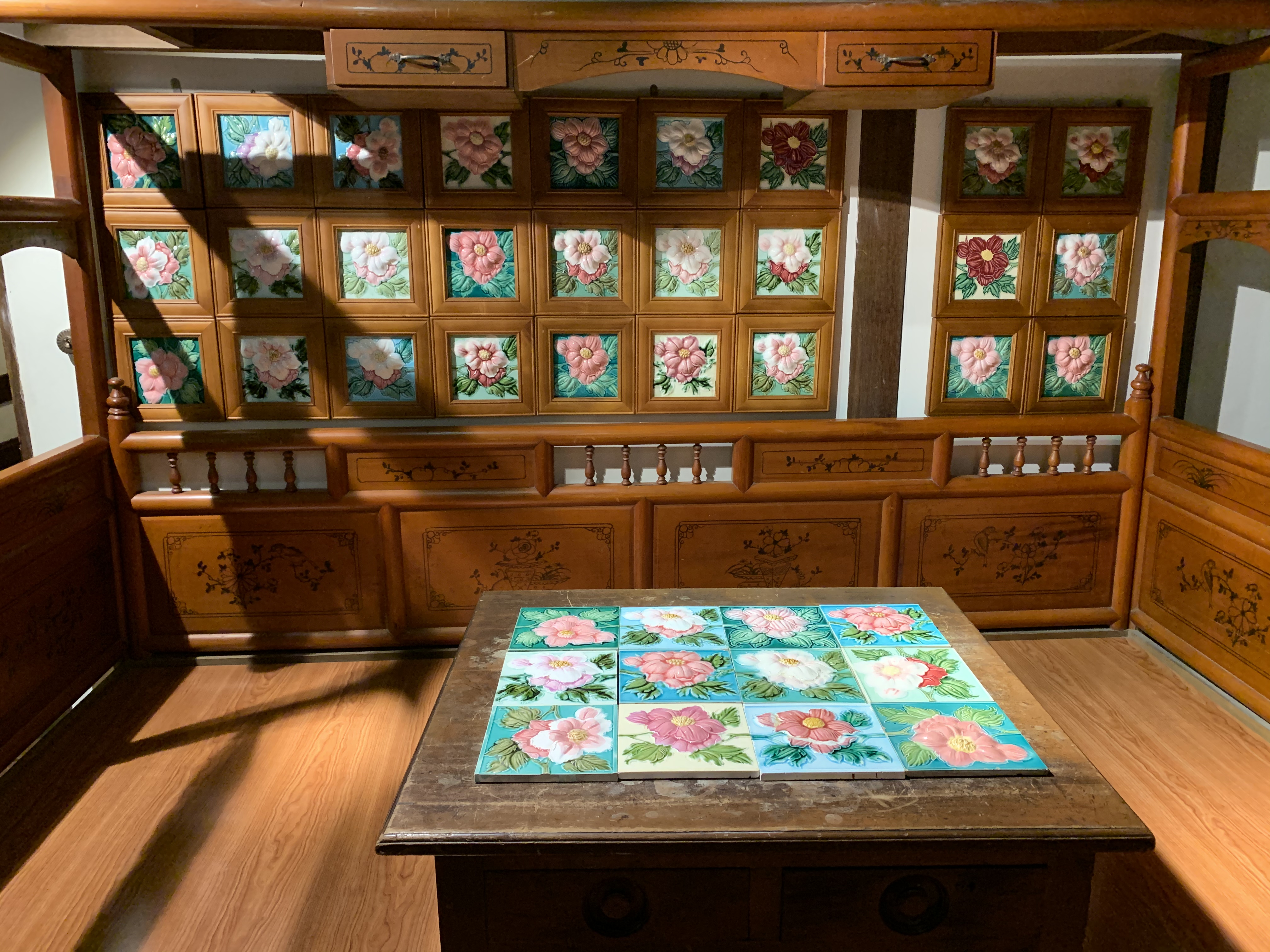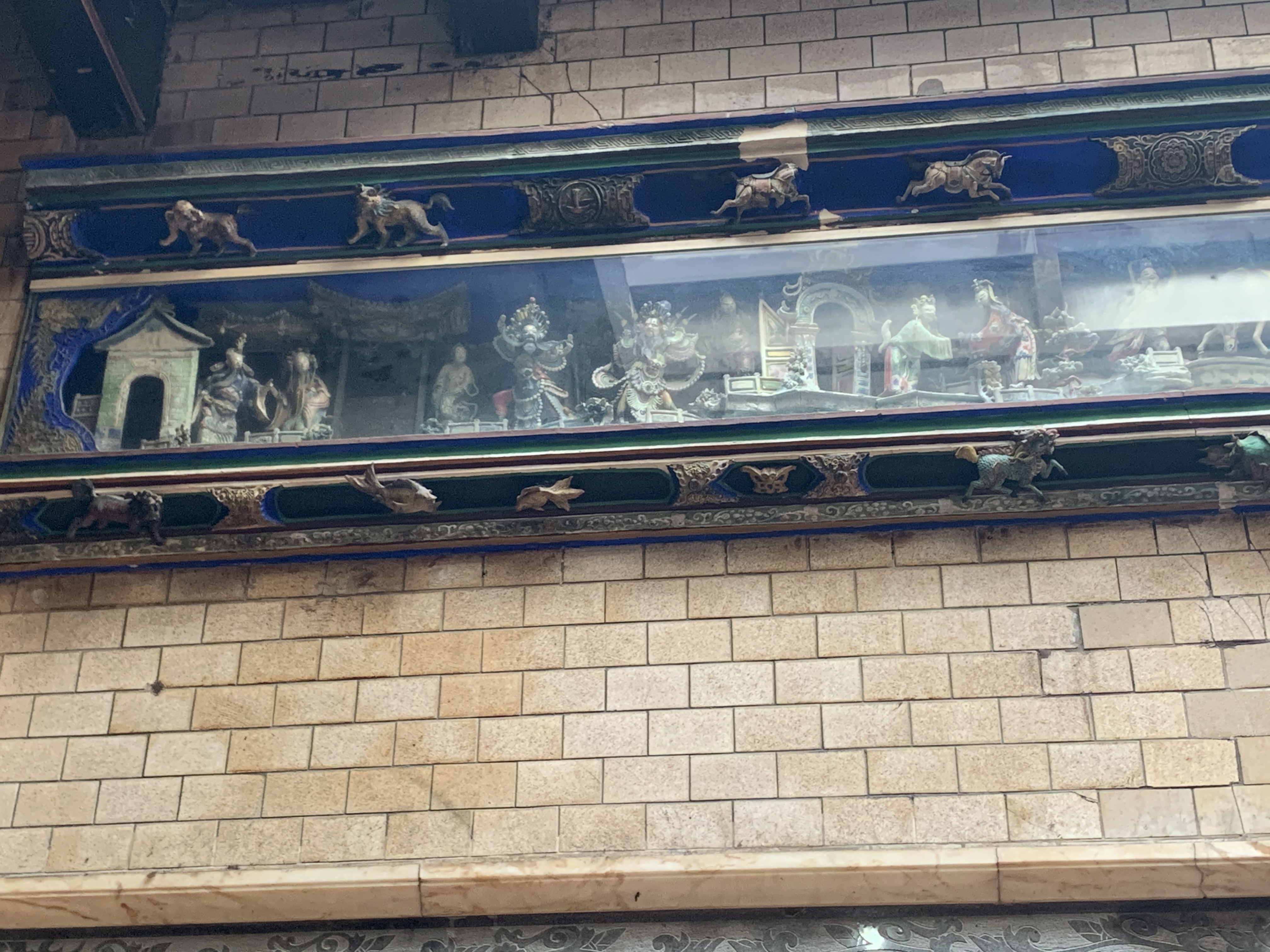“Even if your case is closed and they say you can change your employer, it’s like there’s a black mark on you. You didn’t finish your contract, and the next man wants to know why. They think we’re troublemakers. Runaways. They actually think we’re out to cheat them, if you can believe it. Us cheating them,” he scoffed. “Not all of them, but enough.”
— Mak to Rizal, Migrante
Many keys have been pounded in the effort to bring attention to the working conditions of foreign blue-collar labor in Taiwan. At this point, I would find it highly suspicious if anyone in Taiwan was not aware of the way these workers are treated: fishermen worked to exhaustion in life-threatening conditions (in some cases even killed by the captains of their ships), wages withheld to the point that they are more enslaved than employed, rampant physical and sexual abuse. Domestic workers forced to work outside their contracts, seven days a week. Factory workers enduring constant safety violations, including dorms which are little more than fire traps.
However, if you think that everyone is aware of these horrors, you would be wrong, as this jaw-droppingly obtuse letter to the Taipei Times illustrates. If you need another anecdote, consider my neighbor, who once insisted that the way Southeast Asians are treated in Taiwan is “not racist” because “they come from poor countries so they are more likely to be criminals”.
Sometimes it takes a novelization — the closest one can often get to being transported into another’s shoes — to really bring home what a deep, black mark this paints on Taiwan’s human rights record. How utterly unacceptable it is, across several industries.
Enter Joe Henley’s Migrante. Henley himself takes on an aura of Upton Sinclair in the story of Rizal, a fictional man from the Philippines who comes to Taiwan to work on a fishing boat. If the narrative reminds you a bit of The Jungle, that is clearly intentional. If you are asking yourself why working conditions in wealthy, democratic, 21st century Taiwan echo those of American meatpacking factories a century ago before the concept of labor protection was more common...well, yes, that’s a very good question indeed.
In Migrante, the various experiences of foreign blue-collar workers are teased out as Rizal interacts with his fellow fishermen, women who had been abused and raped as caregivers, staff at a cantina in Zhongli, fellow “runaways” at a shelter and finally a factory floor. (Henley addresses both the reasons behind the choice of protagonist, and why a comparatively well-off Westerner in Taiwan wrote Migrante rather than an actual migrante in the preface.)
Although a great deal of fiction weaves social issues into larger narratives, Migrante is more like The Jungle in that narrating social injustice is its main — perhaps only — goal. Don’t let that fool you into thinking it’s simplistic, however. Henley uses Rizal’s experiences to show that the story isn’t as simple as “Taiwanese employers bad”. Yes, the labor broker and boat captain are passively and actively cruel in their respective ways. However, Rizal is eventually offered shelter and a chance to change his job; people do show him genuine kindness. Contrast a Taiwanese government worker’s attempt to help Rizal with the way he’s treated by the Filipino broker in his hometown. Neither cruelty nor kindness know national borders.
Migrante also teases out issues that tend not to be sufficiently examined. For example, as bad as the situation is for blue-collar labor in Taiwan, in many cases the conditions they are trying to escape are as bad, or worse. Toward the end, Rizal starts talking like his employers: keep your head down, don’t complain, you’re lucky to have been offered a job. He knows as he says this that none of it is true, but the way he adopts the language of his abusers is chilling.
I also noted that throughout much of the story, Rizal was showing classic symptoms of situational depression, an issue that affects every stratum of society but tends not to get much attention in the very poor, as issues of more immediate desperation take precedence. This may be why some people think of depression as a problem affecting the comparatively wealthy. Of course that’s not the case. It’s helpful, then, to see it portrayed here.
I can only imagine that all of these details came out of the extensive research Henley did in order to write this book, including interviews with the workers whose experiences he is drawing upon. Oft-ignored issues like these are far more likely to be brought up when one actually talks to members of a community in order to tell a well-informed story.
If I have any criticism of Migrante at all, it’s that in some places the prose is laid on a bit thick. It mirrors The Jungle in this way, as well. It doesn’t do this in every way, however. There are clear differences in the personalities of Rizal and Jurgis Rudkus, and Migrante does not end with a discordant “happier ending” of an orator proclaiming that socialism is coming and will save us all. This is to the novel’s credit: Henley doesn’t treat us like dumb capitalist puppies who need a good lecturin’, and I appreciate that.
It would be fantastic if the ignorant letter-writers and racist neighbors in Taiwan read Migrante, although I know they probably won’t. Those of us who are already aware of the situation should step up our agitation for change. Those who unequivocally tout Taiwan as a bastion of human rights are not entirely wrong, but would do well to reflect on areas where drastic improvement is needed. And we should all remember that when we talk about “foreigners in Taiwan”, the vast majority have experiences closer to Rizal’s than to, say, mine.
Just as Henley did not write Migrante to bash Taiwan, I am not writing this to attack this country. Both of us call Taiwan home, and I assume both of us will continue to do so. There is so much good here, but human rights need to be taken seriously for all workers. Period.


